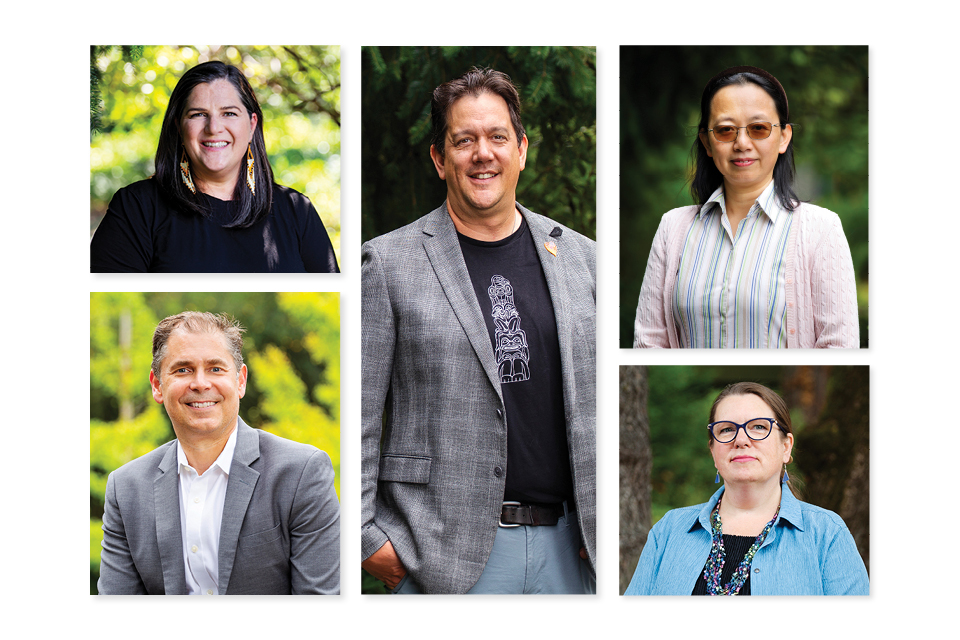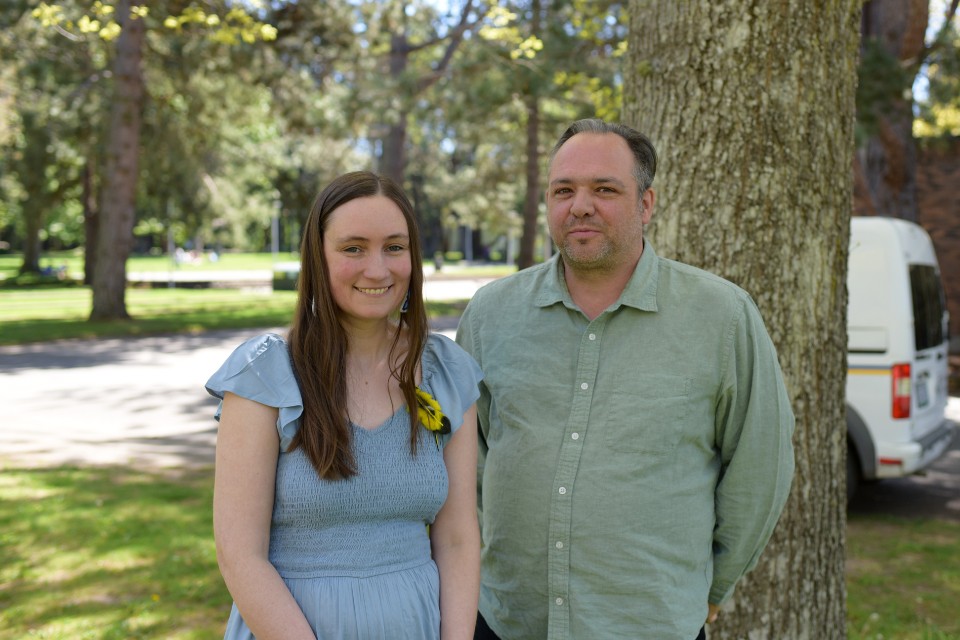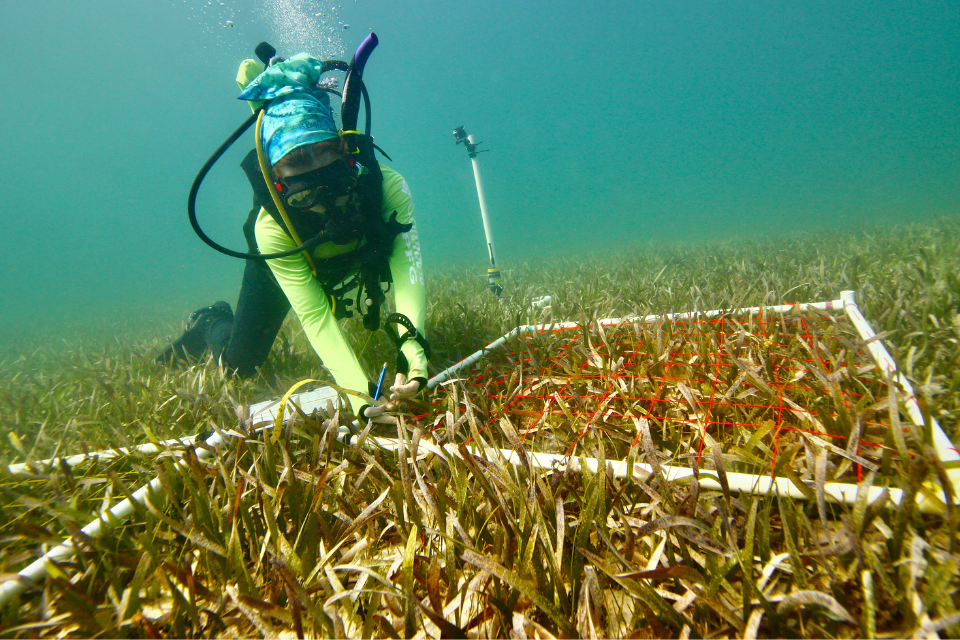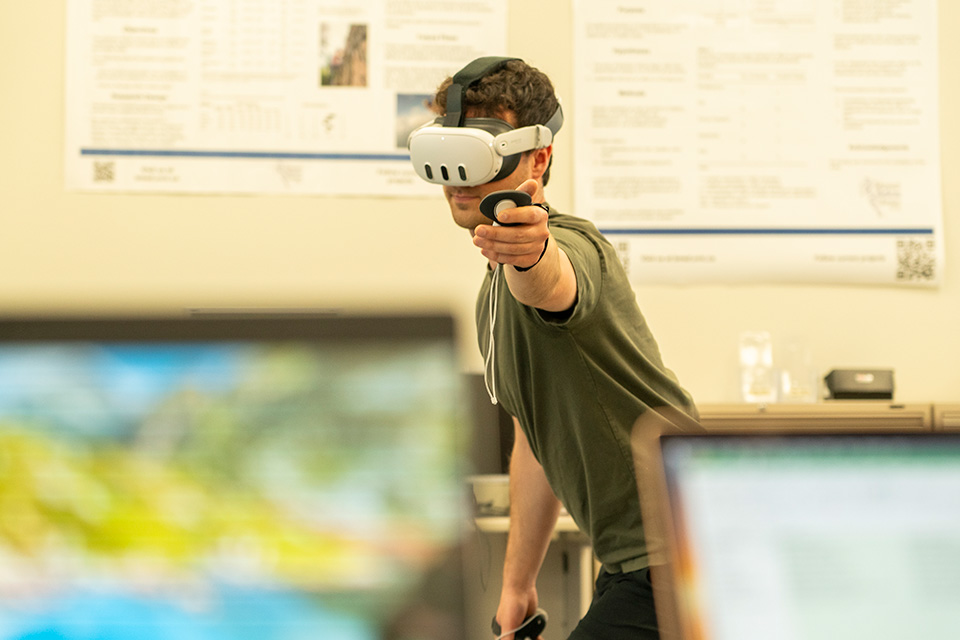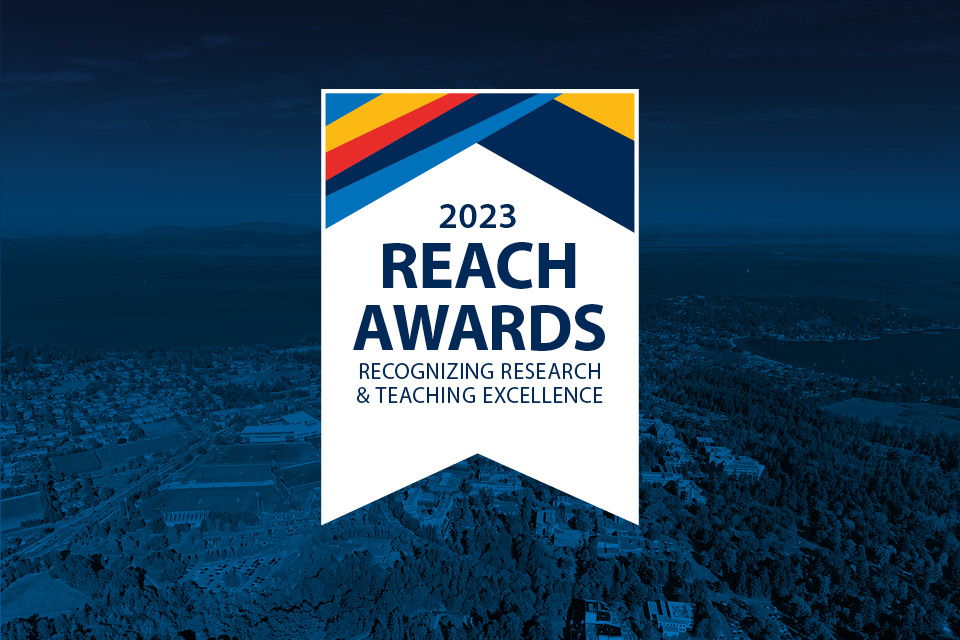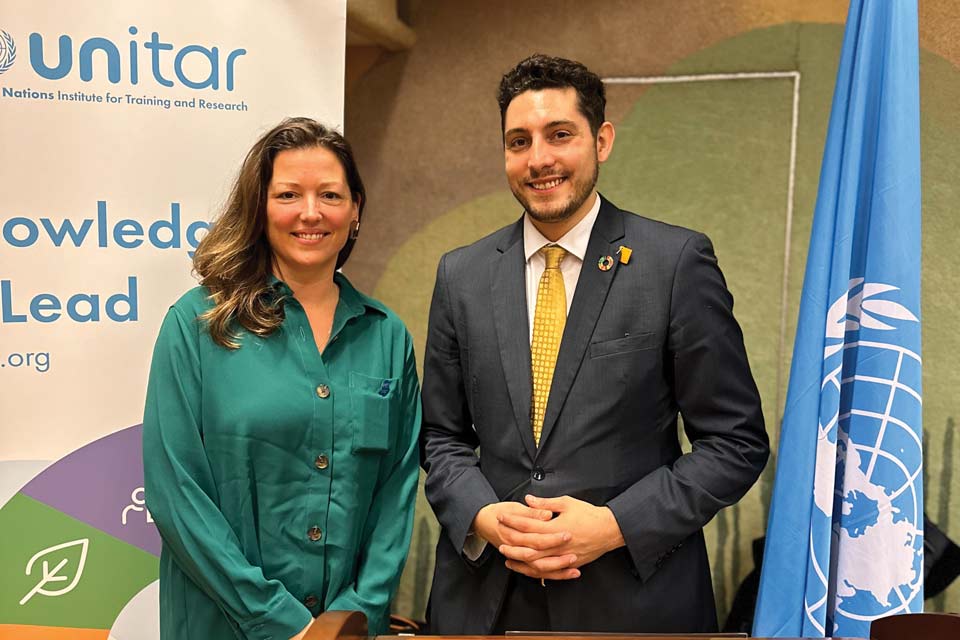Home / Campus & community / News by faculty / Faculty of Education
Faculty of Education
-
Royal Society of Canada honours five UVic researchers
Five University of Victoria researchers are receiving Canada’s highest academic honour.
-
Ojibwe language spirit on ləkʷəŋən land
Graduate student’s comprehensive needs assessment to support urban Ojibwe people in reclaiming language and culture whether near or far from…
-
UVic celebrates four new prestigious Vanier scholars and Banting postdoctoral fellow
The University of Victoria is celebrating four outstanding researchers recently announced as 2024 Vanier Canada Graduate Scholars and one prestigious…
-
Immersive workout
UVic research focuses on gamifying fitness that changes behaviour
-
Recognizing research and teaching excellence
Twenty researchers, teachers and students are receiving University of Victoria’s REACH awards.
-
Advancing careers and UN sustainability goals
UVic’s co-op program launched a new initiative that helps students directly link their work to the United Nations (UN) Sustainable…
